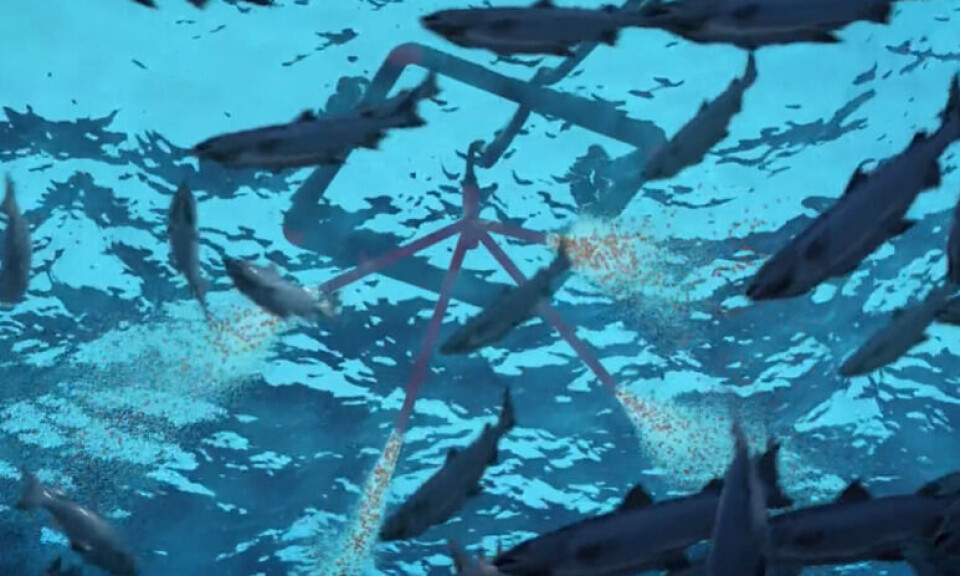
Proximar chooses water-borne feed system for Japan RAS
Denne artikkelen er eldre enn to år.
Norway-based aquaculture feeding equipment specialist Fluctus has won a contract to supply water-borne feed systems to land-based salmon farmer Proximar’s recirculating aquaculture system facility in Japan.
The use of water to transport feed from hoppers to pens is said to reduce both energy use and the emission of microplastics from the feed hoses. In addition, water-borne feeding provides a noise reduction, and less feed crush and dust are also expected.
Proximar’s chief operating officer Dharma Rajeswaran said: “Fluctus’ water-based feed solution is well suited for RAS, especially to avoid dust and crush which is typically an extra burden for the water treatment in the facility. Additionally, there are the financial savings.”
Fluctus sales manager Knut Bjarte Otterlei said: “Fluctus has focused on making the system as simple and user-friendly as possible, both with a special water lock and an associated distribution valve. We are experiencing great interest in our solution, both in Norway and abroad.”
Norwegian-owned Proximar plans to produce 5,300 tonnes (head on gutted) of Atlantic salmon annually in phase one of its RAS facility near Mount Fuji.
Earlier this month, chief executive Joachim Nielsen said the company remained on track for its first harvest in the third quarter of 2024.












































































